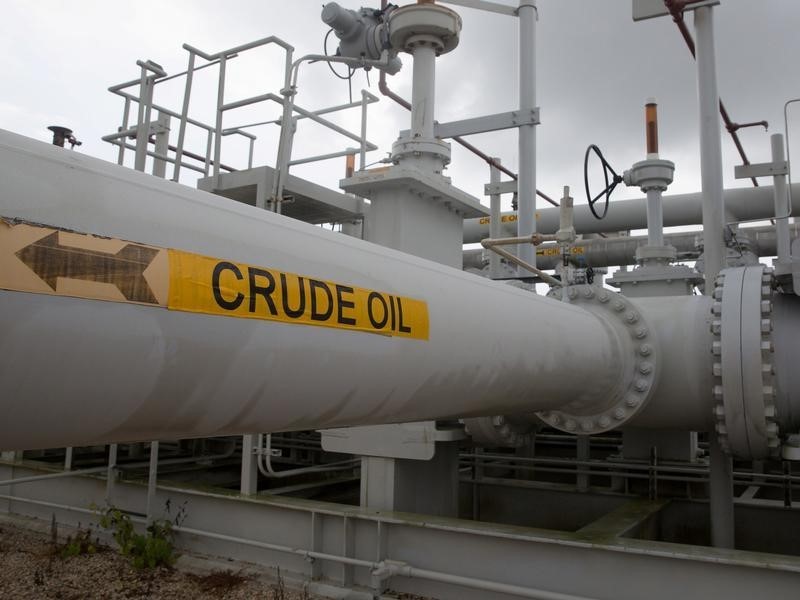By Peter Nurse
Investing.com -- Oil prices dipped Monday, weighed by concerns of a global slowdown, although losses are limited with supply remaining tight while activity is curtailed by a U.S. holiday.
By 05:50 AM ET (0950 GMT), U.S. crude futures traded 0.4% lower at $108.02 a barrel, while the Brent contract fell 0.3% to $111.27 a barrel.
U.S. Gasoline RBOB Futures were down 0.8% at $3.6581 a gallon.
Crude has been buffeted of late on signs of a U.S. economic slowdown, and this continued late last week as data from the Institute for Supply Management showed that the U.S. manufacturing sector slowed again in June, with the ISM's purchasing managers index falling to 53.0, its lowest in two years.
Additionally, Germany posted its first monthly trade deficit in over 30 years in May as the price of its oil and gas imports soared in the wake of Russia's war in Ukraine.
Europe's largest country swung to a deficit of 1.0 billion euros ($1.04 billion) in May, and this shortfall is set to widen in June, reflecting a 60% cut in Russian gas supplies that forced importers to cover their obligations by buying on the spot market at much higher prices.
However, losses are limited, with oil prices still more than 40% higher this year after being boosted by the war in Ukraine, which triggered a wave of sanctions on Russian flows, further tightening a market that was still suffering the consequences of the COVID shutdown.
The Organization of the Petroleum Exporting Countries and their allies including Russia, known as OPEC+, confirmed last week its previously announced plan for modest output increases in August.
However, the members are struggling to make good on these promises, with Reuters reporting that output from the 10 members of OPEC in June fell by 100,000 barrels per day to 28.52 million barrels per day, off their pledged increase of about 275,000 barrels a day.
“The failure of the group to hit these more modest supply increases makes it fairly clear that they will not get anywhere close to the more aggressive supply increases for July and August,” said analysts at ING, in a note, “and so the gap between where they are producing and where they should be producing will only widen.”
Additionally, there appears to be very little chance of Iranian oil re-entering the global market anytime soon as indirect talks between the U.S. and Iran over the revival of the 2015 Iran nuclear deal ended without progress last week.
The latest positioning data showed speculators reduced their net long positions in ICE Brent by 11,689 lots over the last reporting week.
“Given growing fears of a recession, it appears that speculators are taking some risk off the table at the moment, despite the supportive fundamentals,” ING added.
